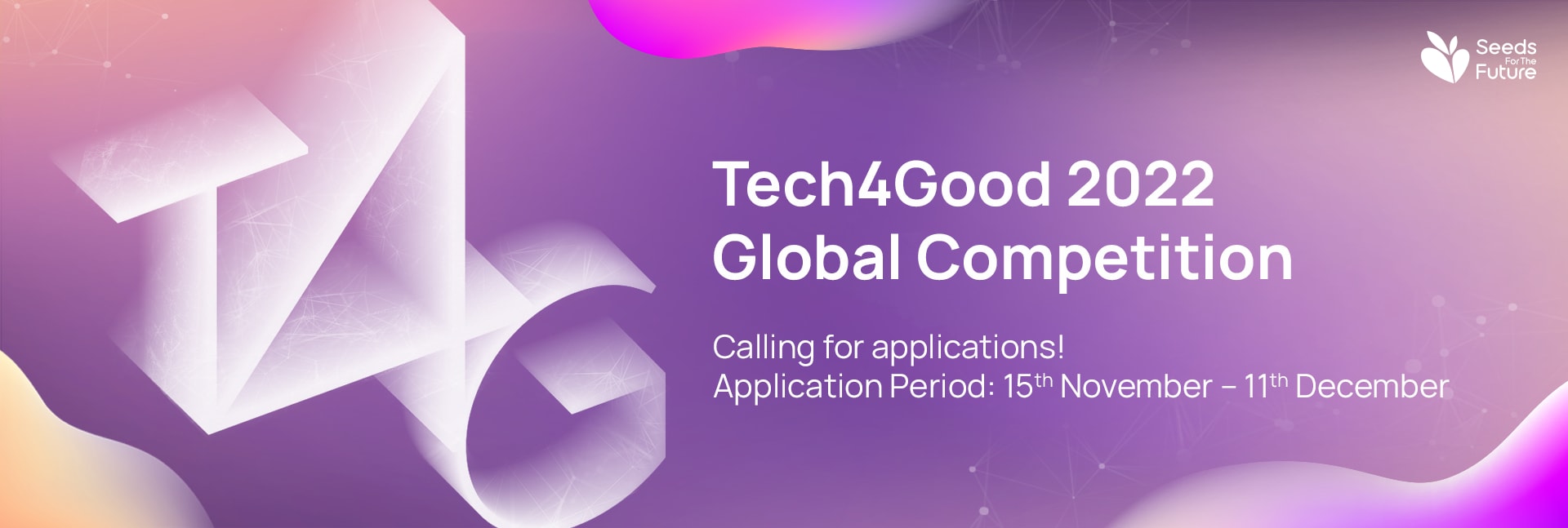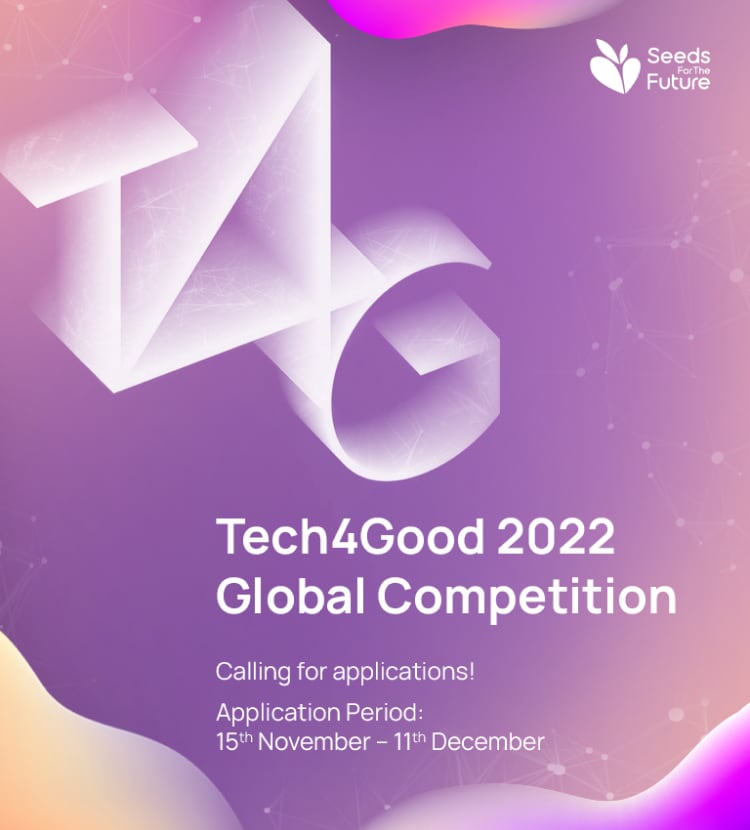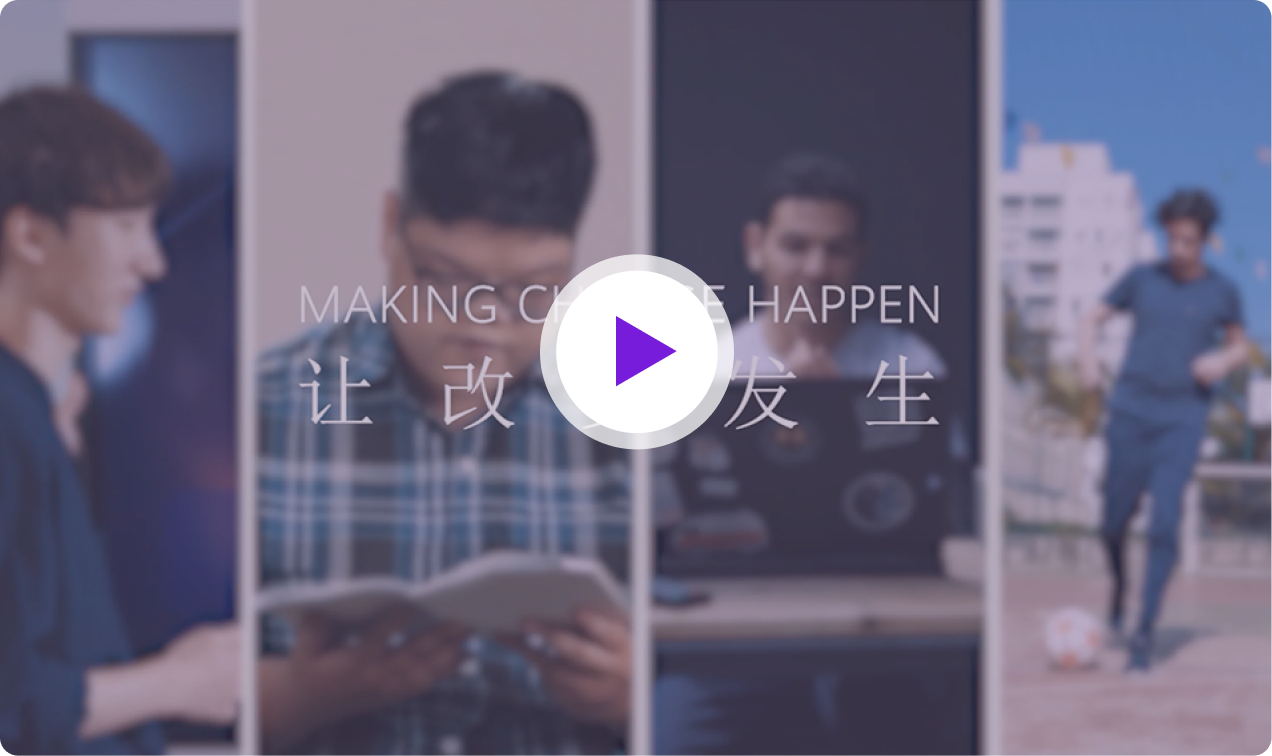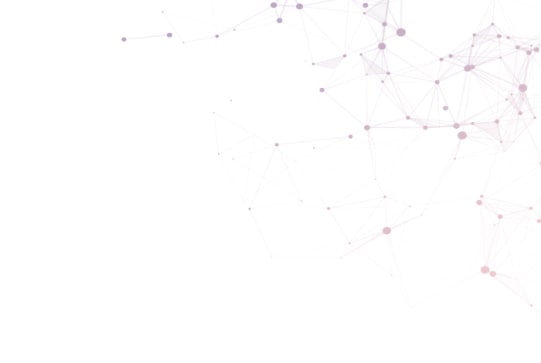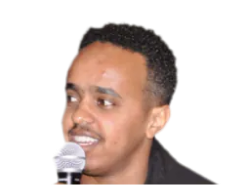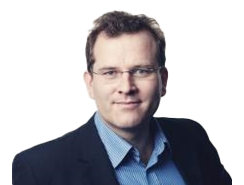What is Tech4Good
Huawei' s flagship CSR program, Seeds For The Future, launched the Tech4Good Global Competition in 2021 as part of its talent development program. This program is a part of Huawei' s efforts to cultivate global talent and discover new ways to harness technological innovation to advance sustainability. Check out the Tech4Good 2021 winning teams projects!
Apply for the Tech4Good Global Competition Today!
Who Can Apply
Seeds For The Future 2022 participants who have continued working and made significant progress on their Tech4Good projects
Tech4Good Competition and Awards Ceremony Timeline

2022
2022
2022
2022
2023
2023
Tech4Good Global Global Competition Applications Closed and Screening Process Begins
Panel of judges to evaluate all applications and shortlist top applicants to be a part of the Tech4Good Global Competition Applications past the deadline will not be accepted
Tech4Good Global Competition Finalists Announced
Top finalists will be announced to be a part of the Tech4Good Global Competition
Tech4Good Global Competition Online Coaching Sessions
10 one-hour online coaching sessions covering 5 topics will be offered to the Top finalists to prepare them for the Global Competition Pitch Day
Tech4Good Global Competition Online Coaching Session – Presentation Practice
Top finalists to take part in online coaching and mentoring sessions to prepare for the Tech4Good Global Competition. During this session, teams will practice their pitch with a customized feedback session from coaches
Tech4Good Global Competition Day & Awards Ceremony
Format: Online (WeMeeting)
Duration: 120mins
Top finalists will pitch their final projects to a panel of internationally renowned judges. Competition results will be announced right away!
Tech4Good Award Levels
Five Judging Criteria
Tech4Good Monthly Workshop
What is the Monthly Workshop Series
The Monthly Workshops are a series of 8 60-minute workshops designed to engage Tech4Good teams and talents beyond the innovation challenge and provide students with a real-life perspective from experts and practitioners. With the Tech4Good program teaching students how to build and pitch an idea, the Monthly Workshop Series focuses on what comes after, namely how to fully develop the idea, who to talk to, how to bring it to reality, and other satellite topics such as career path in social impact. Each workshop consists of 3 parts - speaker's presentation, moderated Q&A, and feedback on individual Tech4Good projects.
Course Timeline

2022
2022
2022
2022
2022
2022
2022
2022
Speaker List
